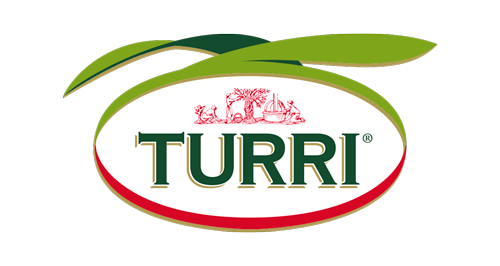When autumn begins coloring the landscape of Lake Garda it’s time for harvesting olives.
To pick the fruits up, there isn’t an ideal moment according to a precise calendar, but the best is to start when the fruits are ripening and the phenological phase of veraison begins. Under this phase, the natural color change turns to darken. Historically speaking this change happened around November in the Verona area, now it normally starts from mid-October.
Oil production process has evolved into increasingly fast and effective methods, to grant the highest quality of the final product, always respecting the integrity of the fruit.
Once upon a time olives were collected in large bags and stored just at the end of the day, then they were placed in big containers, covered with mats and left to ferment under the illusion of achieving greater output.
At the mill, where the oil was produced by using the torcolon, an ancient lever press, the olives were crushed into an oily paste with a millstone turned by mules or men.This paste was blended and spread on specific mats lying on the press: this first pressing gave the “virgin” oil, considered as the best quality one.
Nowadays olives are immediately transported to the mill in perforated crates that allow to maintain the quality and the flavor of the fruit until the oil production begins.
At the oil mill olives are weighted and subjected to washing and defoliation; after that they are sent to the crusher that turns them into olive paste. The kneading machine stirs the mixture to let the oil droplets combine and remove water. The following phase is centrifugation, when the olive paste is separated into its three components: pomace ( olive residues of skin and pits), vegetable water and olive must.
This last compound goes through a centrifugal separator that definitely divides the oil from other natural parts of the fruit until the final phases of bottling and labeling.
These important stages allow to obtain a high quality oil keeping its properties unaltered.
Olive oil production is more than just a process: it is art and it is tradition; it deserves to be guarded and handed down because oil is a treasure that embraces centuries of culture and passion: new techniques for ancient tastes.


